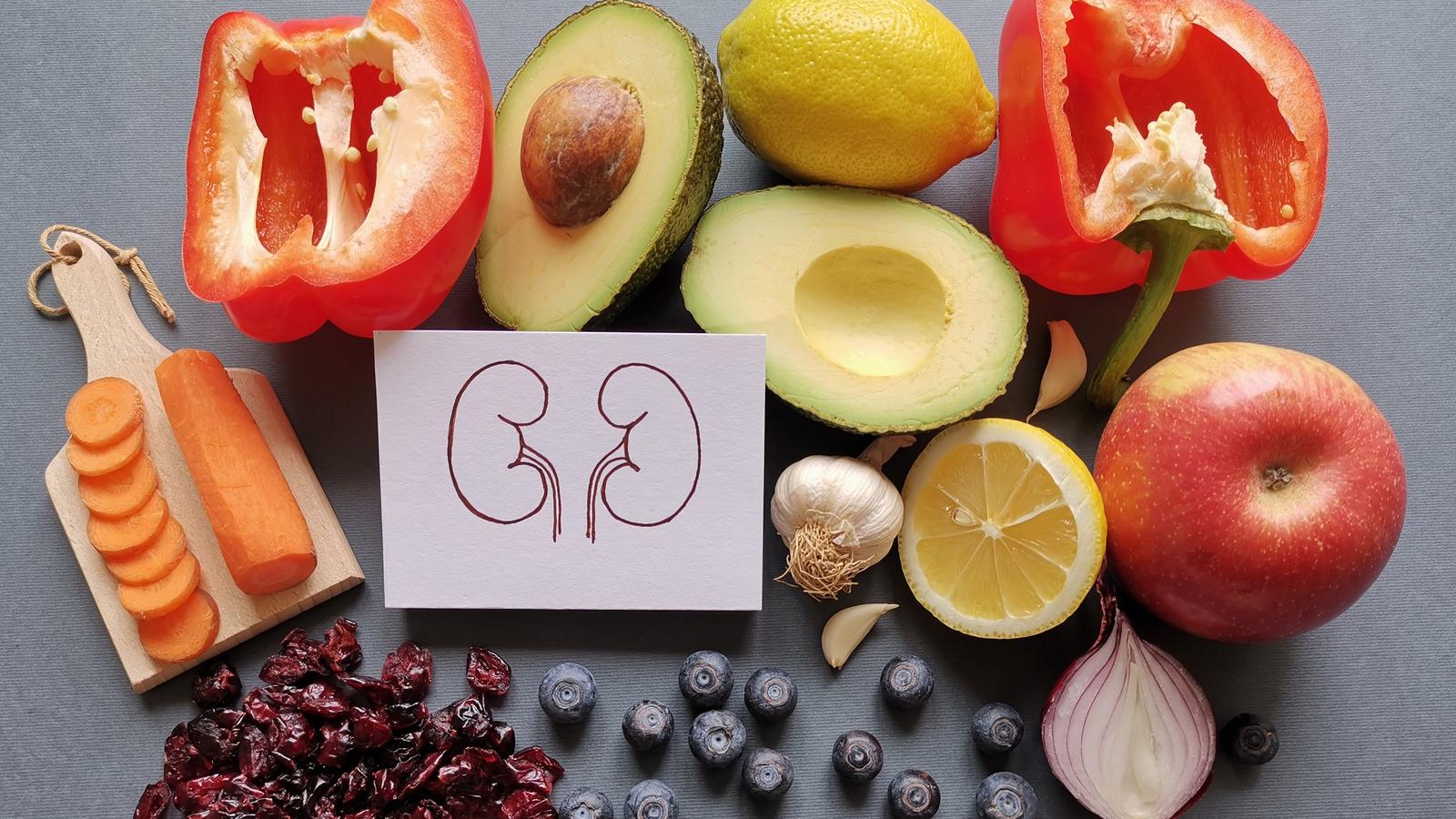Kidney stones are painful, frustrating, and unfortunately common. While several factors contribute to their formation, oxalate—a compound found in many foods—plays a major role in certain types of stones. If you or a loved one is dealing with kidney stones, following a low oxalate diet for kidney stones might be one of the most effective dietary changes you can make.
In this blog, we’ll explore how oxalates affect kidney health, what foods to avoid or enjoy, and how a low oxalate diet works hand in hand with other kidney-friendly habits. We’ll also show you where to find helpful resources like the Kidney Health Cookbook to make the process easier and tastier.
What Are Oxalates?
Oxalates, or oxalic acid, are naturally occurring compounds found in a variety of plant-based foods. When consumed, oxalates can bind with calcium in the body, forming calcium oxalate—a primary component of the most common type of kidney stones.
While your body produces some oxalates on its own, high intake from food can raise your risk of stone formation, especially if you’re prone to them. That’s where a low oxalate diet for kidney stones comes in.
Why Choose a Low Oxalate Diet?
The goal of a low oxalate diet is to reduce the amount of oxalate in your system, thus lowering your chances of forming calcium oxalate stones. This dietary strategy is particularly beneficial for individuals who’ve had kidney stones in the past or have high oxalate levels in their urine.
Other benefits of a low oxalate diet include:
- Reduced risk of recurrence in stone-formers
- Improved hydration habits (you’ll be drinking more fluids)
- Better awareness of overall kidney health
High-Oxalate Foods to Limit or Avoid
Here are some of the highest oxalate-containing foods you’ll want to cut back on:
- Spinach (extremely high in oxalates)
- Beets
- Nuts and nut butters (especially almonds and cashews)
- Rhubarb
- Sweet potatoes
- Dark chocolate and cocoa
- Bran and wheat germ
- Black tea (especially steeped strong)
While some of these foods are generally considered healthy, they can be problematic for people prone to stones. It’s all about balance and choosing lower-oxalate alternatives.
Low-Oxalate Foods to Embrace
On a low oxalate diet for kidney stones, the goal is to fill your plate with foods that support your kidneys without increasing stone risk. Great options include:
- White rice and pasta
- Cauliflower, cabbage, and lettuce
- Apples, bananas, and grapes
- Dairy products (calcium binds with oxalate in the stomach and can help prevent absorption)
- Lean proteins like chicken, turkey, and eggs
- Herbs like basil, oregano, and parsley
Calcium-rich foods are not the enemy! In fact, pairing calcium with low oxalate meals can help bind oxalate in the gut and eliminate it safely.
Practical Tips for a Low Oxalate Lifestyle
Adopting a low oxalate diet for kidney stones doesn't mean giving up flavor or variety. Here are some helpful tips to make it work for you:
- Hydrate Constantly: Drinking plenty of water dilutes your urine and helps flush out any stone-forming substances.
- Pair Foods Wisely: Combine small amounts of oxalate-containing foods with calcium-rich items to reduce absorption.
- Read Labels Carefully: Packaged foods may contain hidden oxalates, especially if they contain spinach, chocolate, or nuts.
- Cook Smart: Boiling high-oxalate vegetables can reduce their oxalate content by up to 87%.
- Use a Kidney Health Resource: The Kidney Health Cookbook offers delicious, low oxalate recipes designed specifically for people dealing with kidney issues. It's a great tool to help you enjoy your meals while protecting your health.
Don’t Forget Other Kidney-Smart Habits
Diet is a powerful tool, but it’s only part of the bigger picture when it comes to kidney stone prevention. Here are a few other lifestyle changes that go hand in hand with your new eating habits:
- Limit salt intake, which can increase calcium in the urine
- Cut down on animal protein, which may raise uric acid levels
- Avoid excessive vitamin C, as it can convert to oxalate in the body
- Get regular checkups to monitor your kidney function and stone risk
Final Thoughts
If you’re struggling with kidney stones or trying to prevent them, a low oxalate diet for kidney stones is a science-backed way to take control of your health. It’s not about completely eliminating all high-oxalate foods, but about making smart, consistent choices that support your kidneys every day.
To make your journey easier—and more delicious—check out the Kidney Health Cookbook. It’s filled with tasty, simple recipes that follow kidney-friendly guidelines and support a low oxalate lifestyle.
Your kidneys will thank you.

